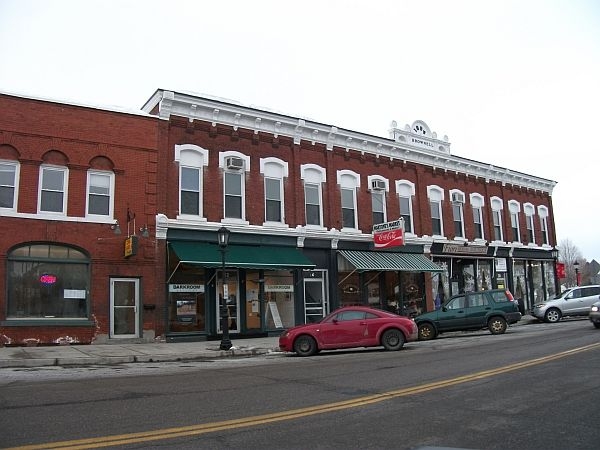
When the town of Essex and the village of Essex Junction were each looking at potential funding for alternative roadways instead of building the Circ Highway, they ended up battling for the same federal and state grant money.
"Even though we supported each others efforts, bottom line is we were competing with other communities to get our projects at the top of the list," said George Tyler, president of the Essex Junction Board of Trustees. "That doesn’t make sense."
Tyler points out that right now, Essex has two separate charters, two elected boards and two managers. He says there’s a widespread sense in town that this is a cultural tradition – that there’s no need to change the status quo.
All previous attempts to merge the town and the village – by some accounts as many as 22 – have failed. But now, Tyler says, the two municipalities are exploring whether they can reconfigure their current arrangement by merging just a few services.
"It became clear that instead of talking ourselves into doing the same thing again, why not look at things differently," Tyler said.
Many Vermont villages were formed in the late 1800s to provide basic services, such as water and sewer and public safety, for dense populations. At the time, it made sense. There were no cars. People were riding horses. By 1900, there were more than 100 villages in this small rural state to provide services for compact districts.
Now, with easy transportation and high-speed internet, some state and local officials say we’re living in a time when borders – cities and towns – are decreasing in value. But as federal and state resources continue to dry up, in Vermont, where there’s a strong independent streak, many cities and towns are trying to consolidate their basic services while also maintaining local autonomy.
"The reasons for having these villages and these separate municipalities no longer really exist," said Rebecca Ellis, a member of Waterbury’s Select Board.
The Washington County town has repeatedly tried to merge its village and town. Since 1992, there have been four merger votes. Three of them failed. In 2004, one vote did pass but it was later rescinded. So the two boards in Waterbury have decided to merge one service at a time. Ellis says the final stumbling block now is the police department, which provides service only in the village.
"If we were to create a town-wide police department, the tax rate in the town outside of the village would go up and the tax rate inside the village would go down," Ellis figured.
That tax increase makes some residents uneasy. Many people outside the village already feel that they’re getting satisfactory services from the state police and don’t want to pay extra for a local police force.
But Ellis and others say the focus shouldn’t be on the money, but where villages and towns are getting the most out of those resources they do share.
It’s the same story elsewhere. St. Albans City and St. Albans Town are weighing the benefits of a merger, and voters in Northfield last month showed support for a town-village merger in their community.